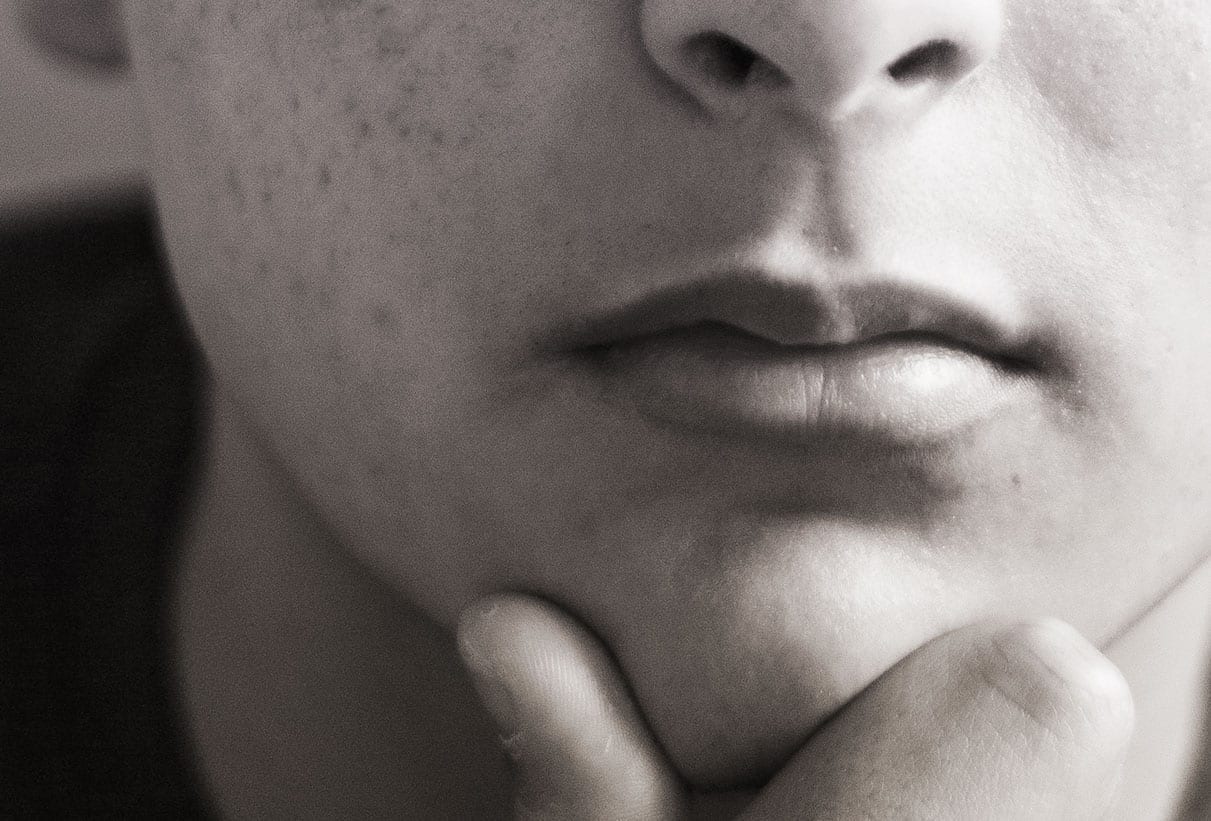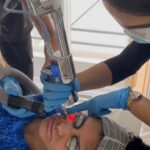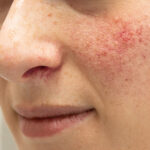
When we talk about “psychodermatology”, what do we really mean? The word has been coined to reflect the interaction between the mind and the skin. Dermatologists have long recognised a connection between the two and certainly when I was a trainee, I remember being taught very early on that over a third of patients who would come to our clinics would have mental health issues related to their skin. Whilst much is still to be learnt about molecular mechanisms and pathways, the one fact that I still find interesting is that in a developing embryo, both the skin’s epidermis and the central nervous system (brain and spinal cord) develop from the same layer known as the ectoderm. Maybe it’s not so surprising there is a link when during early development they originate from the same place!
When dermatologists think about mental health and skin, we often categorise the concerns:
- A primary skin disorder which can be triggered or made worse by stress, such as acne, eczema, psoriasis. Here, though the skin condition or a tendency towards its development already exists, stressful life periods can cause a flare-up.
- Skin disorders which are not harmful to general health but are potentially stigmatising can lead to low mood in the person who is suffering (e.g. alopecia aerate, vitiligo).
- A primary mental health condition which results in symptoms which will manifest in the skin, such as anxiety leading to skin picking, body dysmorphic disorder (BDD) or disordered hair-pulling (trichotillomania).
Low mood in those with skin conditions is often multifactorial and can be related to a number of factors including genetics, psychosocial stressors, age of onset of skin concern, body areas involved, physical discomfort and clinical severity. Whilst everyone’s experience of their skin condition is unique and not all people react in the same way to having one, it is important for those who have psychological issues related to their skin to seek treatment for both the skin and mental health to ensure the best chance of improvement and a good quality of life.
In clinic, my job is to identify who may be suffering from mental health issues because of their skin and then generate appropriate referrals to psychology and psychiatry. On an anecdotal level, I have also had some patients see success with hypnotherapy (in particular for combatting needle phobia if blood tests are required for a treatment), as well as relaxation, meditation and positive affirmations. Other than identifying such patients via non-verbal cues (e.g. wearing a cap and looking down, hiding the face behind hair or a scarf, very heavy make-up, lack of eye-contact), I always ask some or all of the following questions in my history-taking, which can be helpful:
- Do you feel self-conscious about your skin?
- Has it been difficult to come to clinic today without make-up?
- Is your skin holding you back or stopping you getting on with your life?
- How much do you think about skin on a daily basis?
As a dermatologist, I do not have the answers in how to treat these issues. My job is to identify it, flag it and then recommend input from an appropriate mental health professional. I say this a lot, but the goal is always to put a patient in control of their skin and not let their skin control them.
I would like to conclude by making three suggestions for improving your mental health with your skin.
- Continue to maintain a routine with your skincare (cleansing twice daily as a minimum and wearing sunscreen if you are outside) as well as any medical treatment plan you have been prescribed.
- It is impossible to remove stress entirely from modern day life but if possible find a method which helps for you: cull your social media feeds (or mute!) and take control of the media you consume, replace this with skin positivity accounts (flawless skin with no pores is not real), exercise, yoga or meditation practice, cooking – whatever makes you feel better!
- If you have the means, and I recognise this is a privilege not all will have, then consider seeing a therapist or clinical psychologist for how your skin makes you feel and the impact it has on your daily life.
The relationship between low mood and skin disorders is complex and requires unravelling, not just with a dermatologist but a team of people who can support you.





